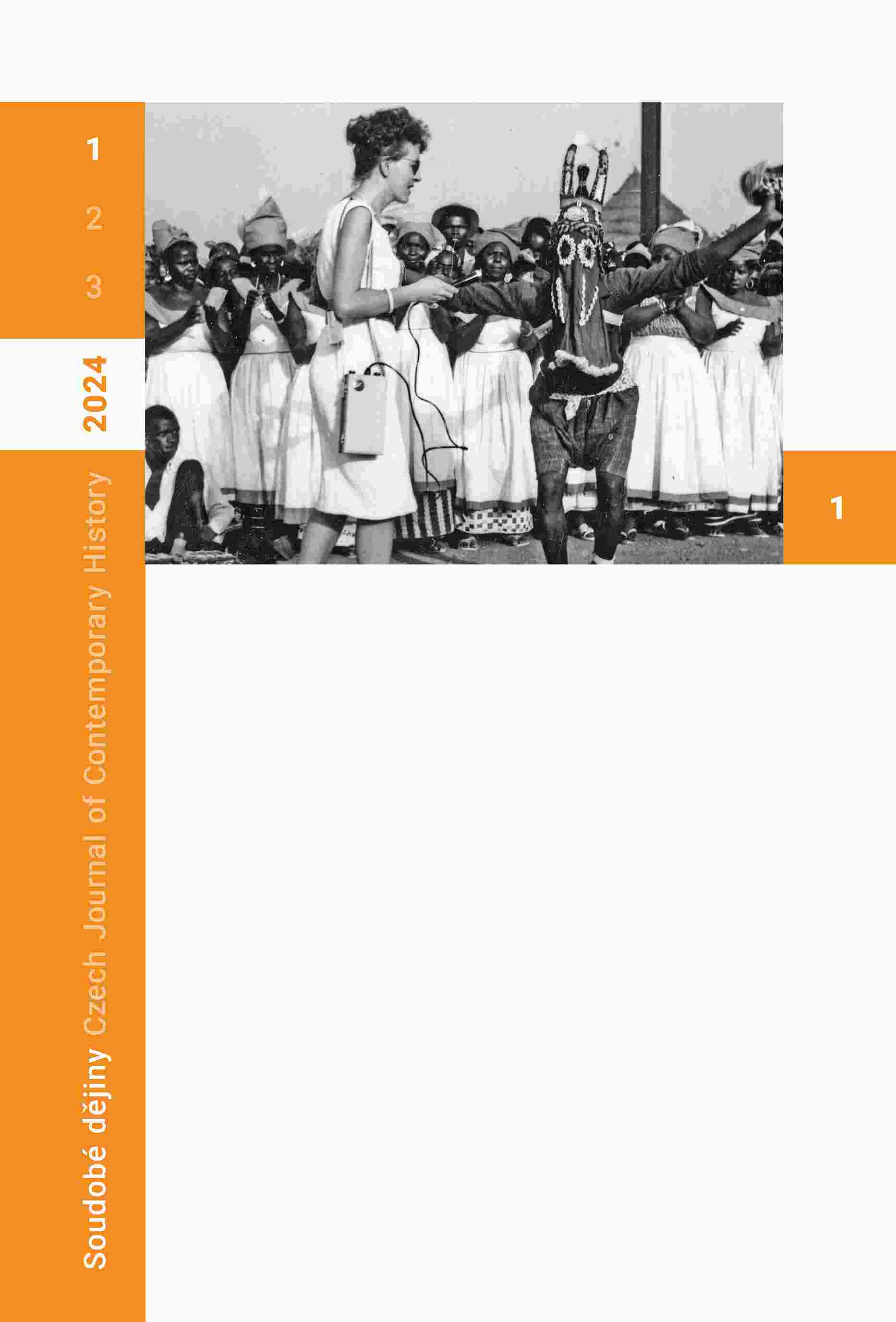Nedokončená spravedlnost:
Role Svazu protifašistických bojovníků v rehabilitačním procesu (1968–1970)
Justice Unfinished:
The Role of the Union of Anti-Fascist Fighters in the Rehabilitation Process in Czechoslovakia (1968–1970)
Author(s): Klára PinerováSubject(s): History, Political history, Post-War period (1950 - 1989), History of Communism
Published by: AV ČR - Akademie věd České republiky - Ústav pro soudobé dějiny
Keywords: Czechoslovakia;Prague Spring;political rehabilitations;Union of Anti-Fascist Fighters;Association of the Former Political Prisoners (K 231);rehabilitation counselling centres and commissions
Summary/Abstract: From the mid-1960s, discussions about reforming Soviet-style socialism were taking place in Czechoslovakia. The culmination of all these efforts came in 1968, when censorship was abolished and the media began to perform the role of public oversight. The rehabilitation of the victims of the political trials after February 1948, when the Communist Party had taken power in the country, was one of the issues that dominated the public space. Two social organizations entered the rehabilitation process in a significant way. Their aim was not only to influence the future shape of the rehabilitation law, which had been intensively worked on since the spring of 1968 and was perceived as one of the priorities for coping with the persecutions of the 1950s, but also to become active participants in the rehabilitation procedures in practice. The first was the Association of Former Political Prisoners (Sdružení bývalých politických vězňů, K 231 for short), which had recently emerged from there form movement. The Association demanded blanket political rehabilitation, which was unacceptable to the communist leadership. The second, the Union of Anti-Fascist Fighters (Svaz protifašistických bojovníků, SPB), had a longer history, having been formed in 1951 by the merger of three older organizations as an instrument of regime policy and to bring together members of the Czechoslovak resistance from the First and Second World Wars, political prisoners from the years of the German occupation (1938–1945), members of the International Brigades in the Spanish Civil War and other eligible persons. This article focuses on the latter organization and its hitherto understudied activities in the late 1960s in relation to the enforcement of the Rehabilitation Law and the provision of legal assistance to those affected during the rehabilitation process. The author recounts the rapid transformation of the Union during the Prague Spring of 1968, when it focused its attention on the social welfare of its members, the democratization of its own structure, and the redress of past wrongs. The passage of the Rehabilitation Act enabled the Union, as the driving force behind the process, to establish a vast network of rehabilitation commissions and counselling centres at central, regional, and district levels, which effectively helped tens of thousands of affected persons to have previous unjust convictions overturned and to obtain compensation for illegal persecution. This activity, however, took place in the increasingly unfavourable political conditions of the restoration of the communist dictatorship and was completely terminated in 1970, after the counselling centres and commissions were abolished and the Union of Anti-Fascist Fighters, with its new leadership, resumed its conformist stance. The author asks what strategies this organization used to advance its goals, which factors limited its efforts, and to what extent the nascent civil society could, under the circumstances, influence the settlement of the oppressive legacy of recent injustice and thus contribute to the democratization of society.
Journal: Soudobé Dějiny
- Issue Year: XXXI/2024
- Issue No: 1
- Page Range: 63-88
- Page Count: 26
- Language: Czech

